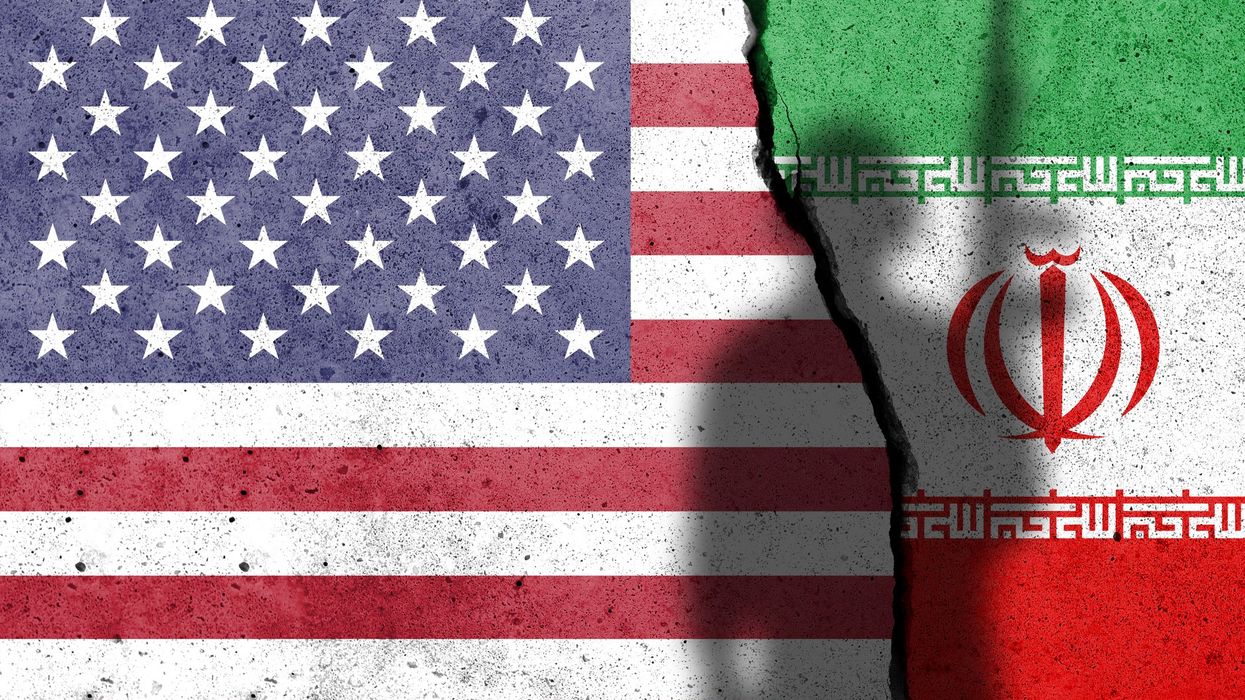The fact that China and Russia have responded vocally—but not militarily—to the U.S. strike on Iran reveals much about both the limits and nature of their influence in the Middle East, as well as the broader global risks at play.
China wields significant economic leverage, particularly through its energy ties with Iran and infrastructure investments via the Belt and Road Initiative. However, its military footprint in the region remains minimal. Aside from a small base in Djibouti, China lacks both the capability and the appetite to project hard power across the Middle East. Instead, it is positioning itself as a diplomatic counterweight to the U.S., offering mediation and calls for de-escalation. This is soft power in action—but it also underscores that Beijing’s influence hinges more on optics and economics than on military presence.
Russia, by contrast, has a deeper history of involvement in the region—most notably in Syria. Yet its current posture is more rhetorical than operational, constrained by its own entanglements, especially the ongoing war in Ukraine. Moscow’s ability to shape outcomes is limited, and its response to the U.S. strike reveals the growing gaps in its regional effectiveness.
Both nations clearly wish to be seen as major stakeholders in Middle Eastern affairs. But in moments of crisis —particularly those initiated by U.S. military action—their ability to influence events is limited. They are influential, certainly, but not decisive. This strategic calculus was almost certainly part of the Trump Administration’s considerations before launching the strike on Iran.
During the St. Petersburg International Economic Forum on June 20, President Putin addressed the rising tensions between Iran and the U.S. He voiced deep concern over developments near Iranian nuclear facilities, stating that Russia is “strongly worried about what’s going on around the Iranian nuclear facilities and possible consequences.” Putin also noted that Israel had pledged to protect Russian personnel stationed at Iran’s nuclear sites, including the Russia-built Bushehr plant.
In a separate statement, Putin reiterated that Iran does not intend to develop nuclear weapons—a position Russia has “repeatedly conveyed” to Israel. He further emphasized the complexity of Russia’s position, pointing to Israel’s substantial Russian-speaking population, which shapes Moscow’s approach to the conflict.
Thus far, Putin has chosen a carefully calibrated diplomatic posture: condemning the strikes, defending Iran’s nuclear stance, and signaling a desire to avoid escalation—without indicating any intent for military involvement.
Given the absence of meaningful backing from China or Russia, Iran’s ability to directly retaliate against the United States is constrained. Its network of non-state allies and proxy groups—traditionally a key asset—has also weakened significantly over the past year.
Hezbollah, historically Iran’s most capable proxy, has been diminished by recent Israeli strikes. While it has declared solidarity with Iran, its capacity to launch a major offensive, particularly against U.S. forces, is currently limited.
Hamas, meanwhile, has condemned the U.S. action as “brazen aggression” and voiced full support for Iran. However, it remains deeply engaged in its own conflict with Israel and is unlikely to have the bandwidth for broader escalation.
The Houthis in Yemen, known for launching drone and missile attacks against U.S. and Saudi targets, could act in solidarity with Iran—especially in the Red Sea. But their ability to inflict significant strategic damage remains marginal.
In summary, while Iran may still employ asymmetric warfare through proxies, the prospect of a full-scale military coalition against the U.S. remains remote, particularly without direct support from any major world powers. As it stands, Iran's response options remain limited and largely symbolic.
David Nevins is co-publisher of The Fulcrum and co-founder and board chairman of the Bridge Alliance Education Fund.




















Trump & Hegseth gave Mark Kelly a huge 2028 gift